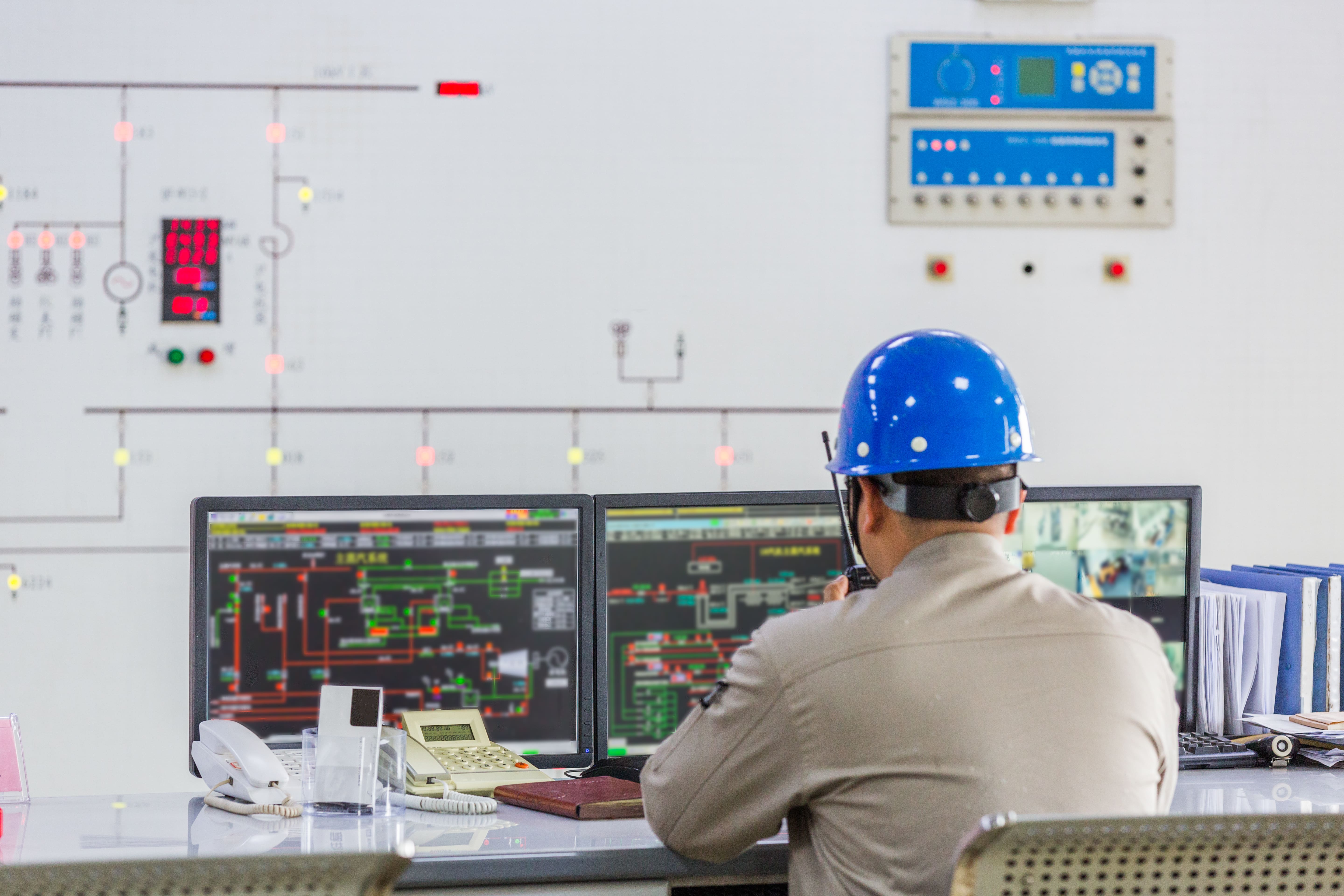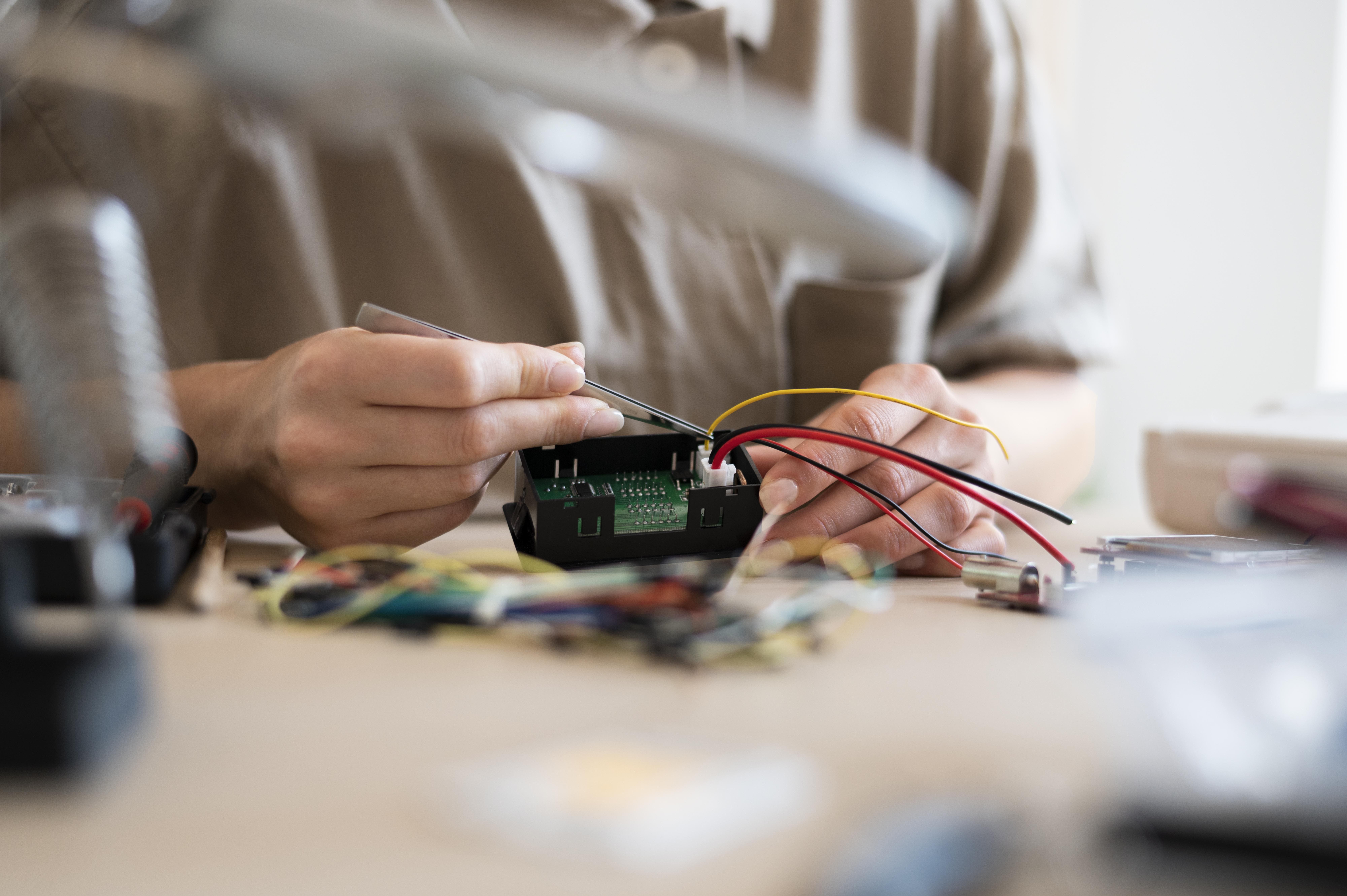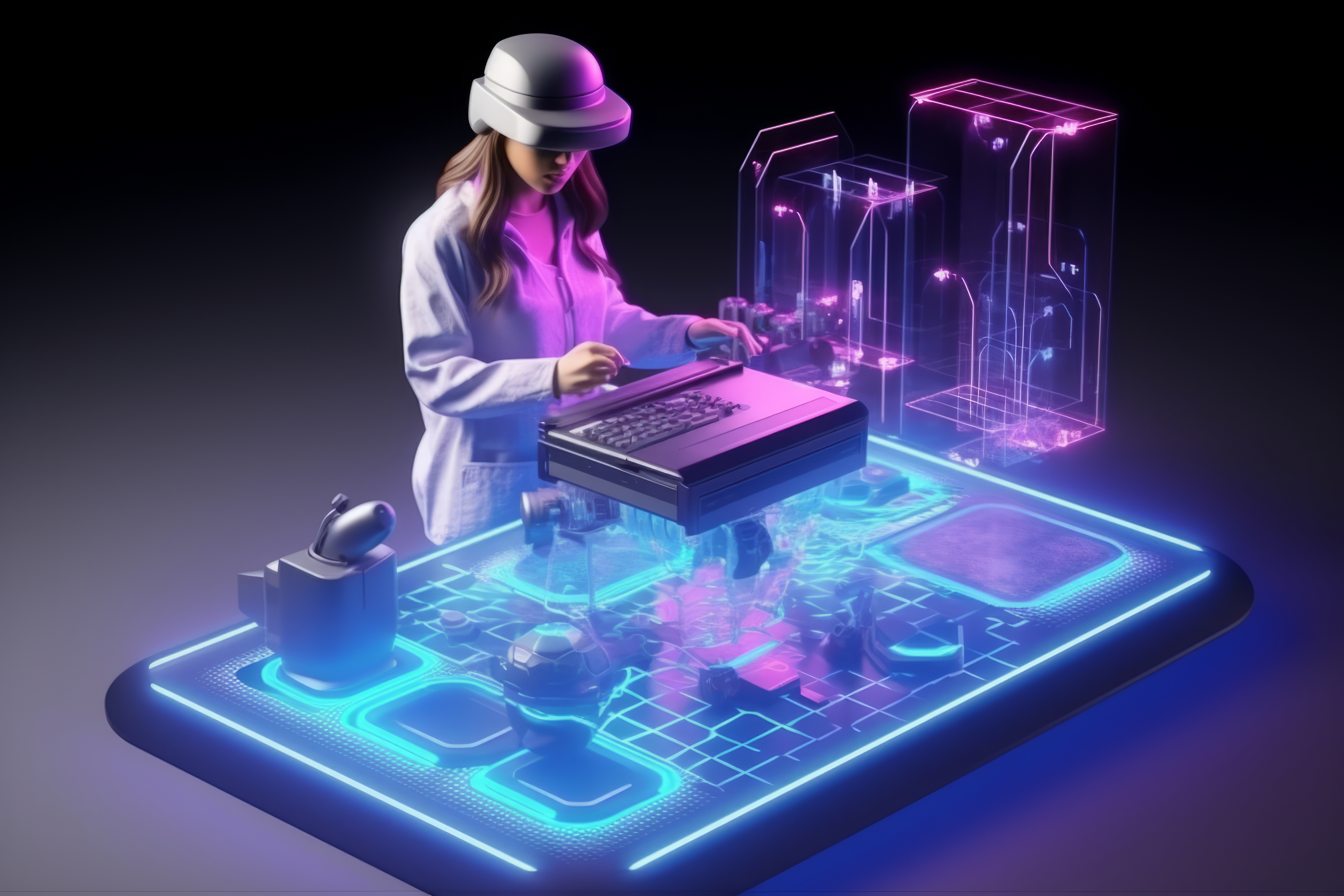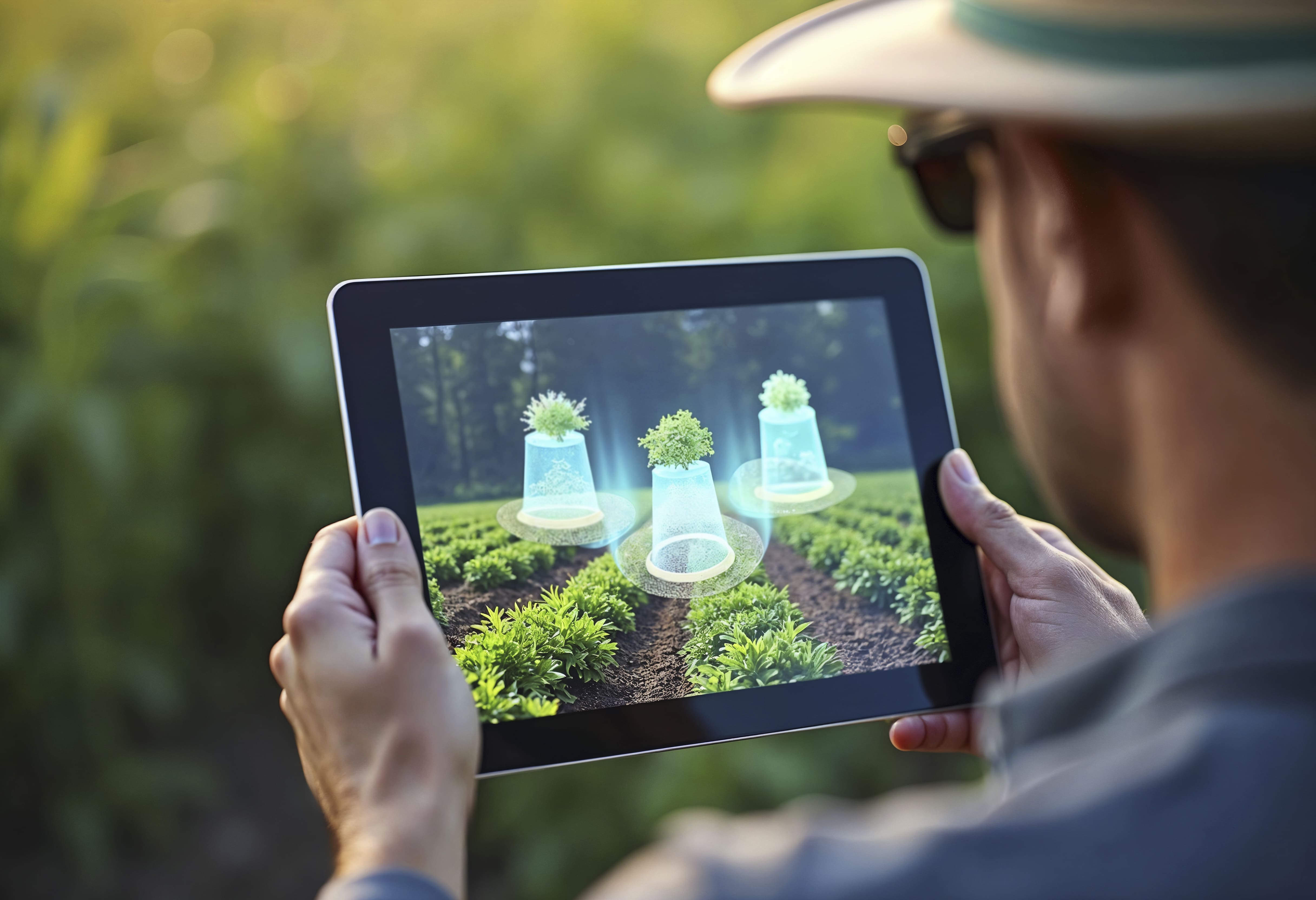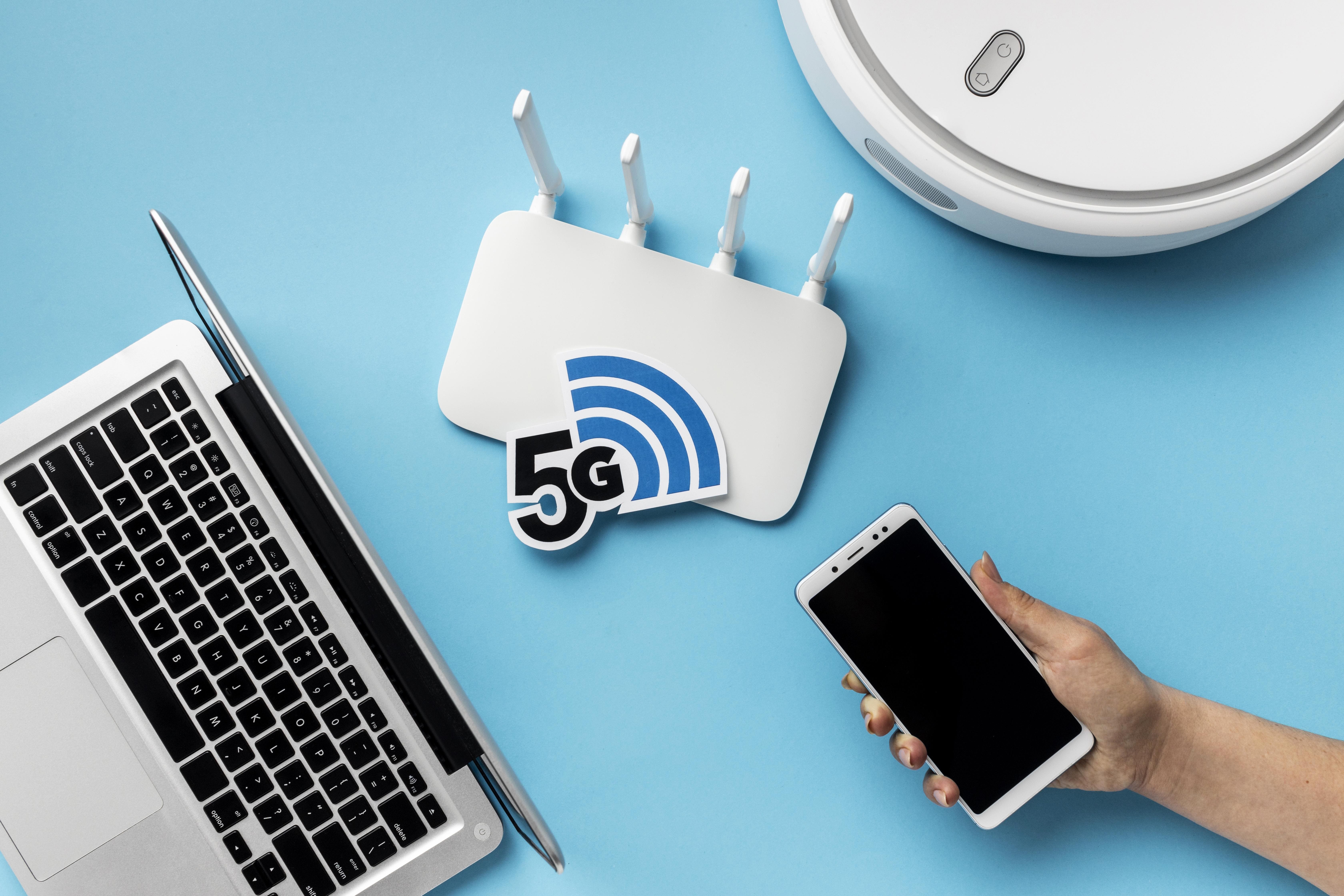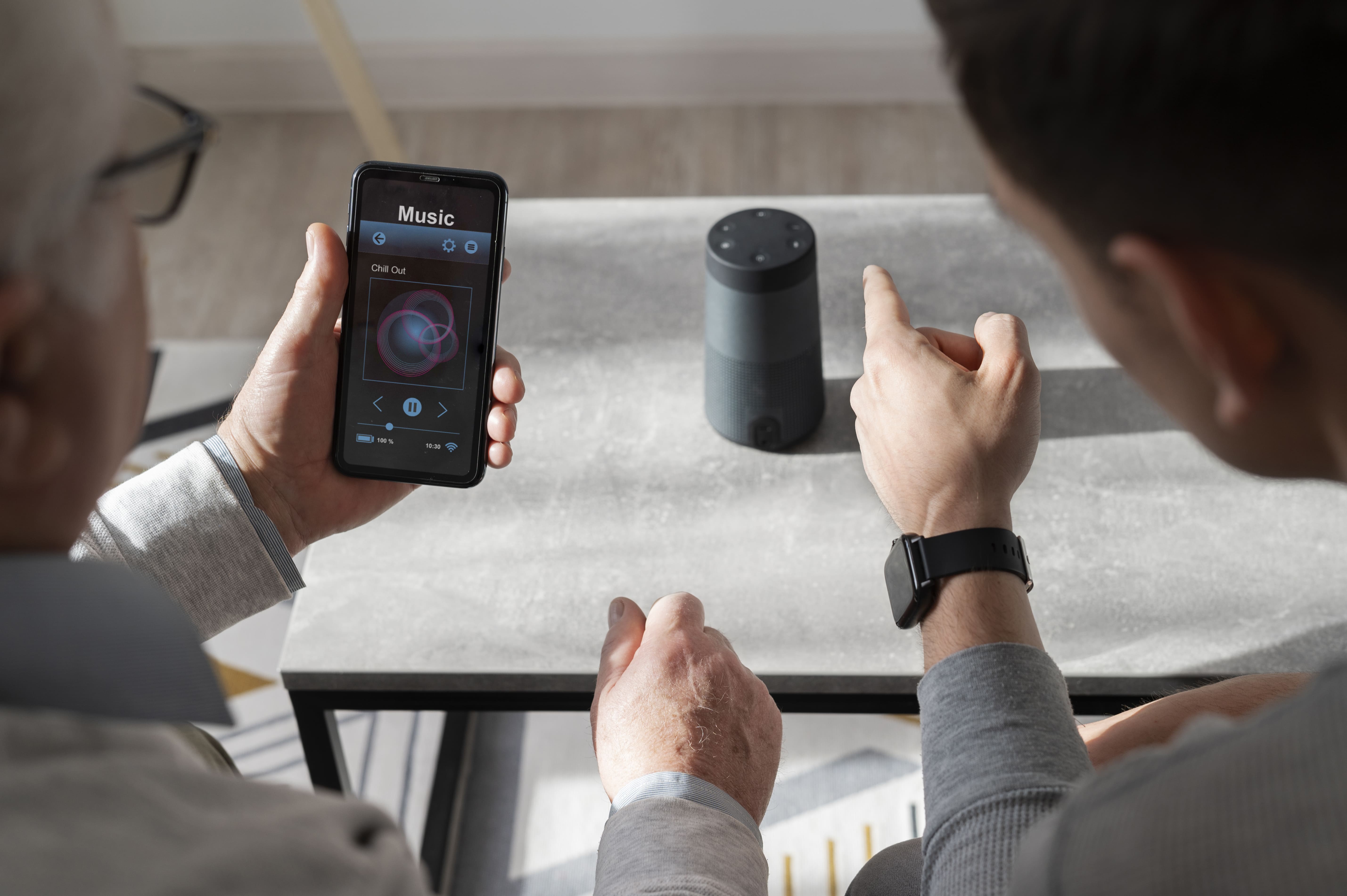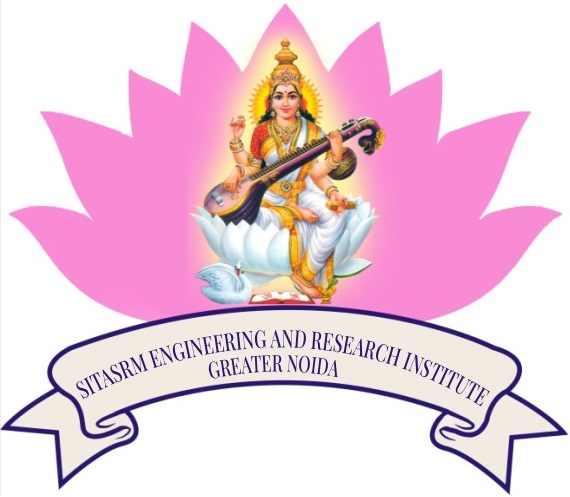 SITASRM ENGINEERING & RESEARCH INSTITUTE
SITASRM ENGINEERING & RESEARCH INSTITUTE
 SITASRM ENGINEERING
SITASRM ENGINEERING & RESEARCH INSTITUTE

SITASRM ENGINEERING & RESEARCH INSTITUTE
Menu
IoT for Environmental Sustainability: Connecting Tech with Nature
Introduction
Can technology heal the planet?
IoT is no longer just about automation. It’s about environmental interaction, intelligent resource use, and long-term IoT for environmental sustainability. Every connected device can now help us protect and preserve Earth.
We are in a digital era where IoT isn’t just convenience; it’s a powerful tool for climate action. In this detailed guide, we explore how the Internet of Things is transforming our interaction with nature, making IoT for environmental sustainability a critical field.
The Role of IoT in Environmental Sustainability
IoT systems collect, transmit, and analyze environmental data in real time. These devices observe and interact with natural systems; from forests to oceans, farms to cities.
Sensors, wireless networks, and cloud analytics together create a living, breathing digital replica of Earth’s health. The key? Efficient, automated, and adaptive environmental response. With IoT, we optimize energy, reduce waste, and make sustainability measurable, showcasing the direct impact of IoT for environmental sustainability.
Key IoT Applications in Environmental Monitoring
-
Air Quality Monitoring with IoT Air pollution kills millions every year. IoT devices help track:
-
PM2.5 and PM10 levels
-
Carbon monoxide, sulfur dioxide, ozone
-
Real-time AQI dashboards IoT sensors placed across cities monitor air quality every minute. Data helps governments act fast during pollution spikes.
-
Smart Water Management Freshwater is vanishing. IoT systems can:
-
Detect pipeline leaks in real time
-
Monitor water levels in reservoirs
-
Control irrigation automatically IoT-based water meters in homes and fields improve accountability. Water saved is sustainability earned.
-
Wildlife and Biodiversity Protection Internet of things applications help in:
-
Tracking animal migration
-
Preventing poaching with motion-triggered cameras
-
Monitoring endangered species habitats remotely IoT collars, drones, and audio sensors all contribute to conservation without intrusion.
-
Smart Waste Management Systems Waste overflows cause disease and pollution. IoT-enabled bins:
-
Send alerts when full
-
Optimize waste collection routes
-
Separate biodegradable waste intelligently This reduces energy use and improves recycling rates in cities. These applications truly highlight the potential of IoT for environmental sustainability.
IoT Projects for Environmental Innovation
ECE students and engineers are building real solutions. Some inspiring IoT projects include:
-
Smart Irrigation System
-
Soil moisture sensor + Arduino
-
Wi-Fi-enabled pump control
-
Saves 50% more water in farming
-
Forest Fire Detection Network
-
Temperature and smoke sensors
-
LoRa-based alert systems
-
Early warnings for forest protection
-
River Pollution Monitor
-
pH and turbidity sensors in rivers
-
Data relayed via GSM modules
-
Alerts for chemical discharge levels These IoT projects are not just demos. They’re scalable models for climate resilience, pushing the boundaries of IoT for environmental sustainability.
Benefits of Using IoT for Sustainability Goals
-
Data-Driven Decisions With real-time IoT data, governments and businesses can respond faster.
-
Cost Efficiency Preventive maintenance and smart control save energy and money.
-
Community Participation IoT platforms allow citizens to report pollution, monitor surroundings, and get involved.
-
Long-Term Impact IoT helps build smart, sustainable systems that grow smarter over time.
Energy Efficiency with Smart IoT Solutions
Power consumption is a major environmental concern. IoT helps reduce wastage in:
-
Smart grids with demand prediction
-
IoT-connected appliances that shut off automatically
-
Solar monitoring systems for remote areas From homes to industries, IoT powers greener practices every day, a key aspect of IoT for environmental sustainability.
Agriculture Revolutionized by IoT
Modern farming is now data-centric.
-
Monitor soil quality and rainfall
-
Predict harvest cycles
-
Control fertilizers remotely IoT in agriculture boosts productivity and protects ecosystems. Less resource use, more output.
Challenges in IoT for Sustainability
Despite its promise, IoT also poses concerns:
-
E-waste from discarded devices
-
Security risks from connected networks
-
High deployment cost in remote regions We must design eco-friendly hardware, enforce security standards, and use renewable energy to power IoT devices, ensuring that IoT for environmental sustainability is truly holistic.
IoT + AI = Smarter Environmental Insights
When paired with AI, IoT systems become proactive.
-
Detect patterns in deforestation
-
Predict floods or droughts
-
Adjust energy loads in real time This intelligent automation helps us fight climate change on a global scale.
The Future of Environmental IoT Systems
We envision a world where:
-
IoT sensors are embedded in every natural system
-
Cities breathe cleaner with automated responses
-
Ecosystems stay in balance through data As IoT adoption grows, we must build systems that are open, ethical, and sustainable by design, solidifying the role of IoT for environmental sustainability.
Conclusion: Embrace IoT for a Greener Tomorrow
The IoT is a catalyst. A connector between technology and nature. With smart engineering and thoughtful implementation, it can be the backbone of our sustainable future.
We must use the Internet of Things not just to connect; but to care. Not just to measure; but to protect. The planet needs engineers, researchers, and citizens to think differently. To think green. And to act with IoT as our tool for a greener tomorrow.
 (1).jpg)








